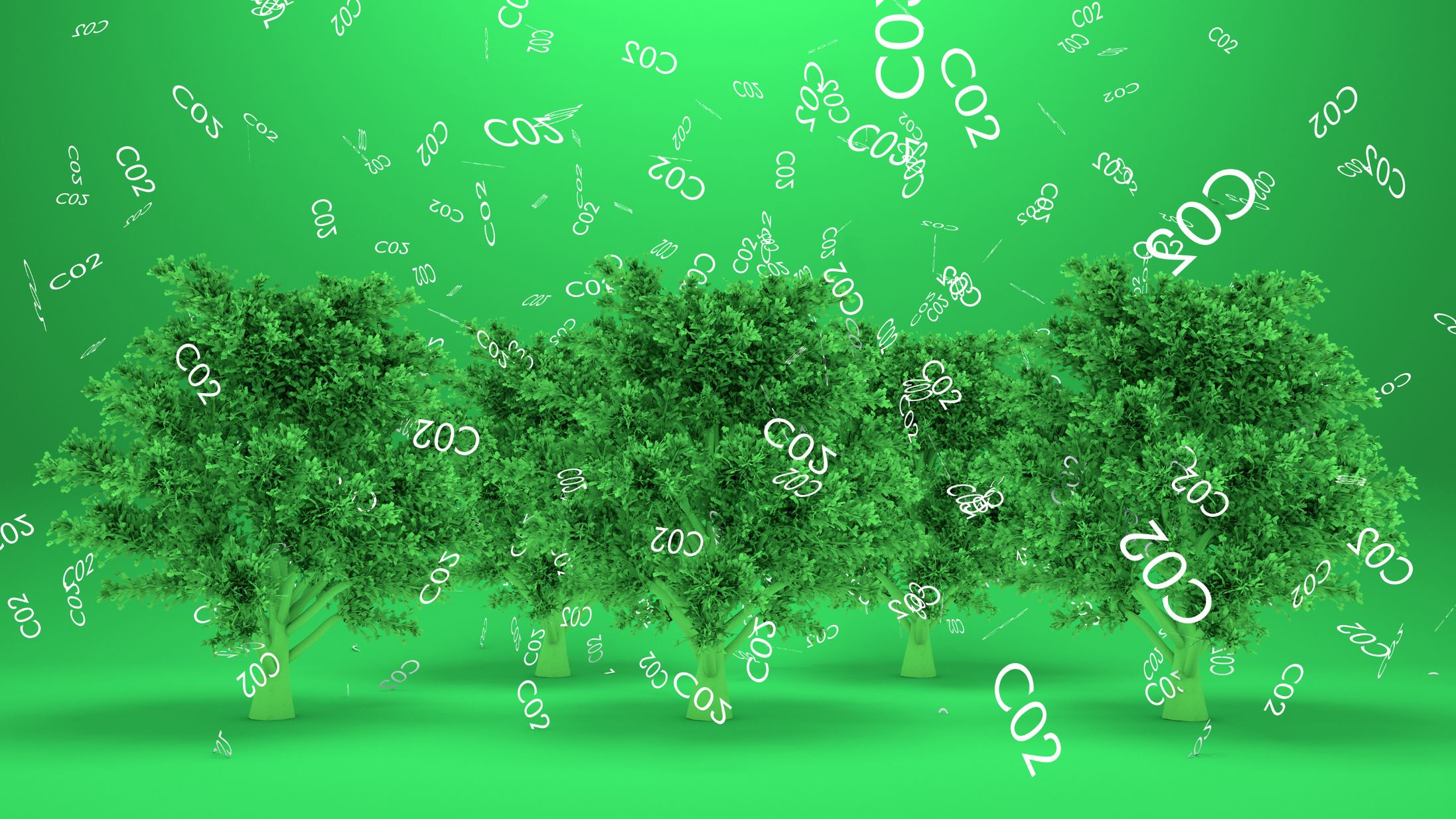Carbon-Impact
Implementing atmospheric CO2-capture technologies

In Brief
- Challenge: Zero Emissions Challenge
- Challenge Type: SFI Future Innovation Prize
- Status: Complete
The Challenge
CO2 is a greenhouse gas and increasing atmospheric concentrations endanger human activities in their entirety. It is predicted that fossil fuels will remain an industrial feedstock and modest reductions of CO2 emissions will only delay the increase of CO2 levels in the atmosphere. A four-fold decrease in CO2 emissions is required in the coming decades to successfully stabilise the CO2 concentrations. Ireland’s emerging and striving industrial sectors use more and more energy. CO2 capture technologies that integrate in energy-intensive industrial settings, operate as chillers or utilise waste heat are of high ecological impact, and will support Ireland, Europe and the World to adhere to their CO2 emission reduction targets.
The Solution
Carbon-Impact aims to establish a disruptive atmospheric carbon capture technology that operates economically in humid air and is modular, scalable and not restricted to specific locations or CO2 point sources. The team will develop a technology that can lead to negative or net zero emissions, rather than reduced emissions, using abundant, stable and porous materials that capture CO2 from air and can be regenerated at low energetic costs. Moreover, the process will produce high purity CO2 which can be directly used, stored, sold or transformed, notably into biofuels using renewable energy. The technology will initially be designed to integrate as chillers in industrial cooling and air handling systems. Use of ‘Carbon-Impact’ modules in energy-intensive industries will significantly contribute to the reduction of Ireland’s greenhouse gas emissions.
UN SDG Alignment
The Team
- Team Lead: Prof. Wolfgang Schmitt, Trinity College Dublin
- Team Co-Lead: Dr Sebastien Vaesen, Trinity College Dublin
Societal Impact Champion
- John Gibbons, MedMedia Group